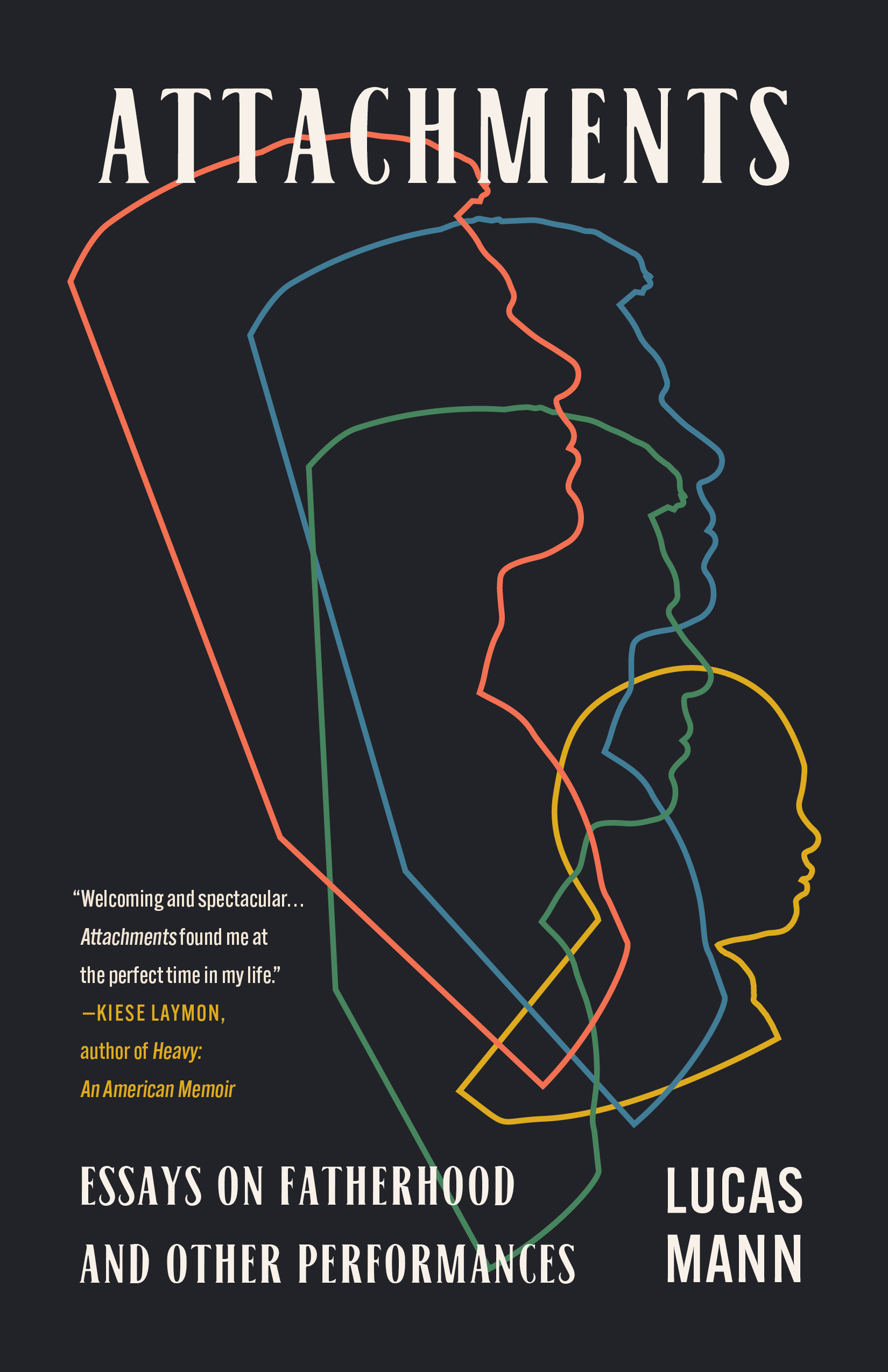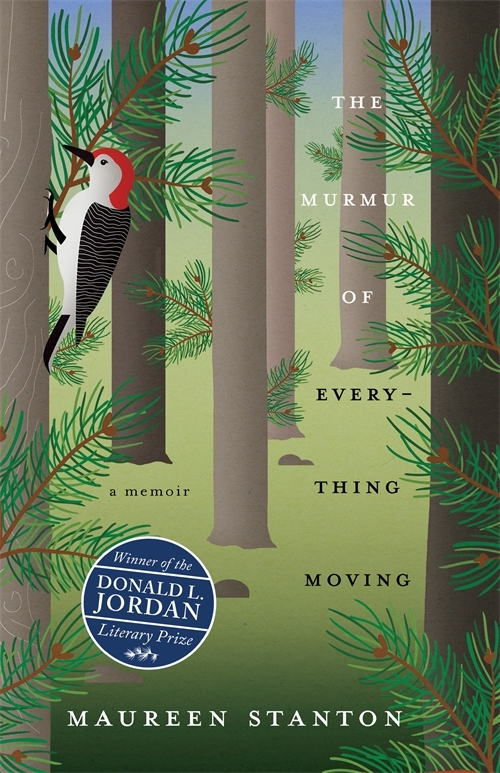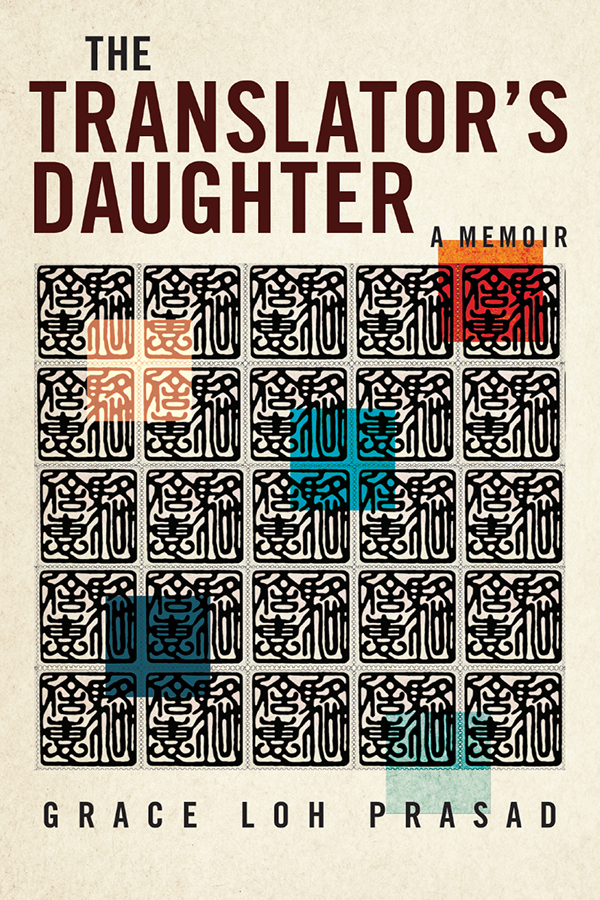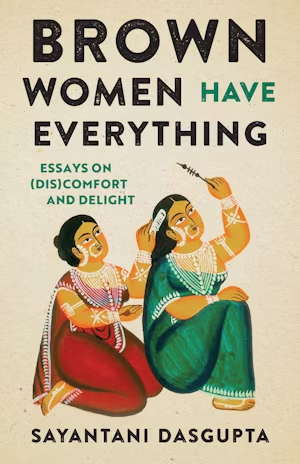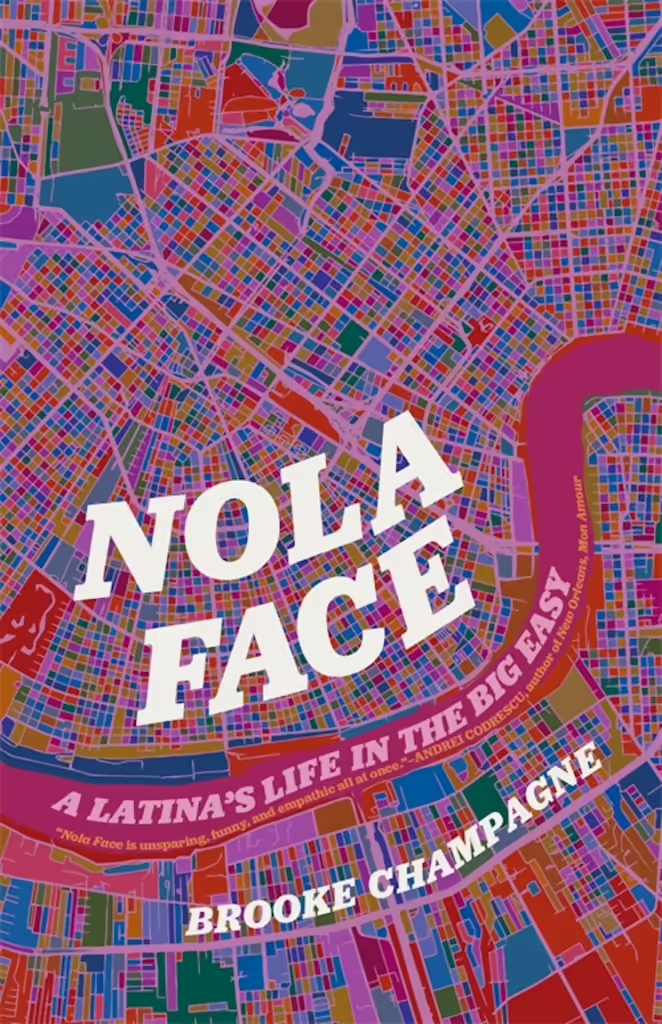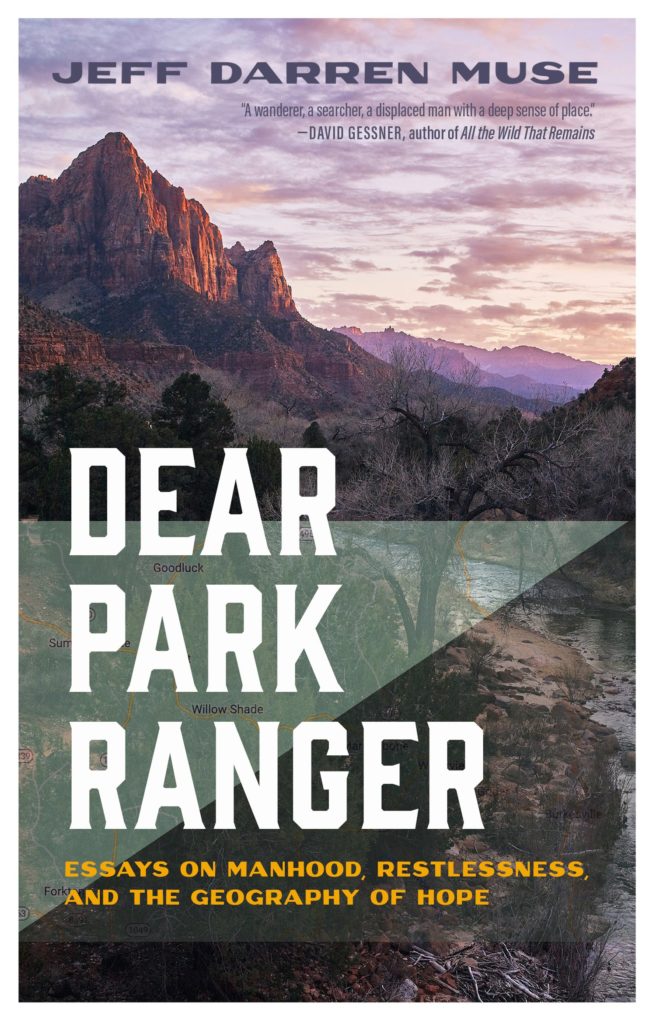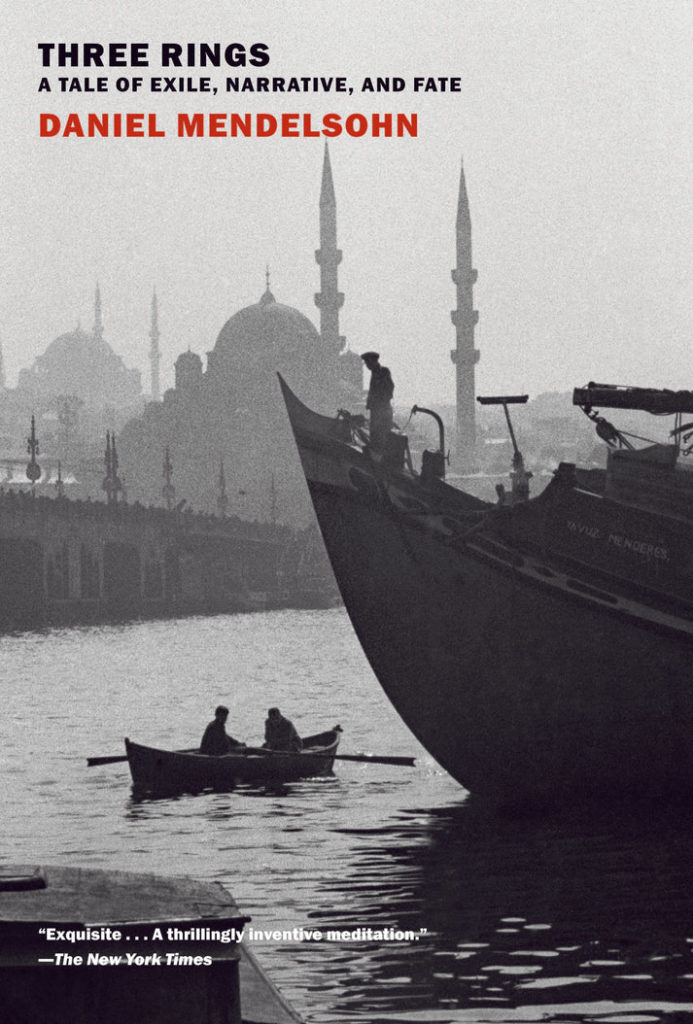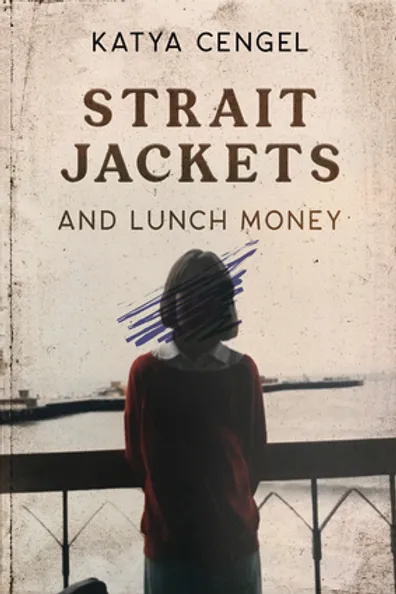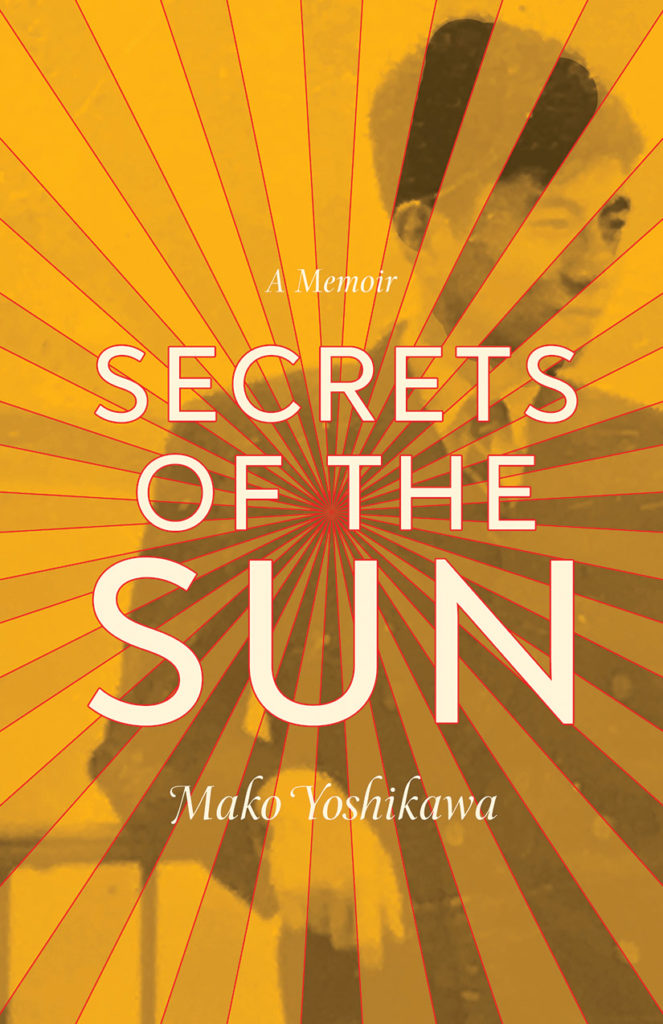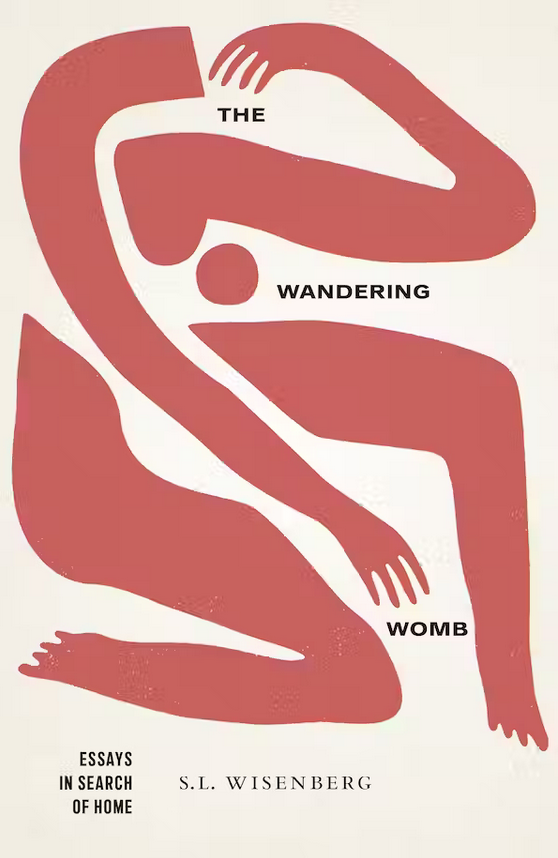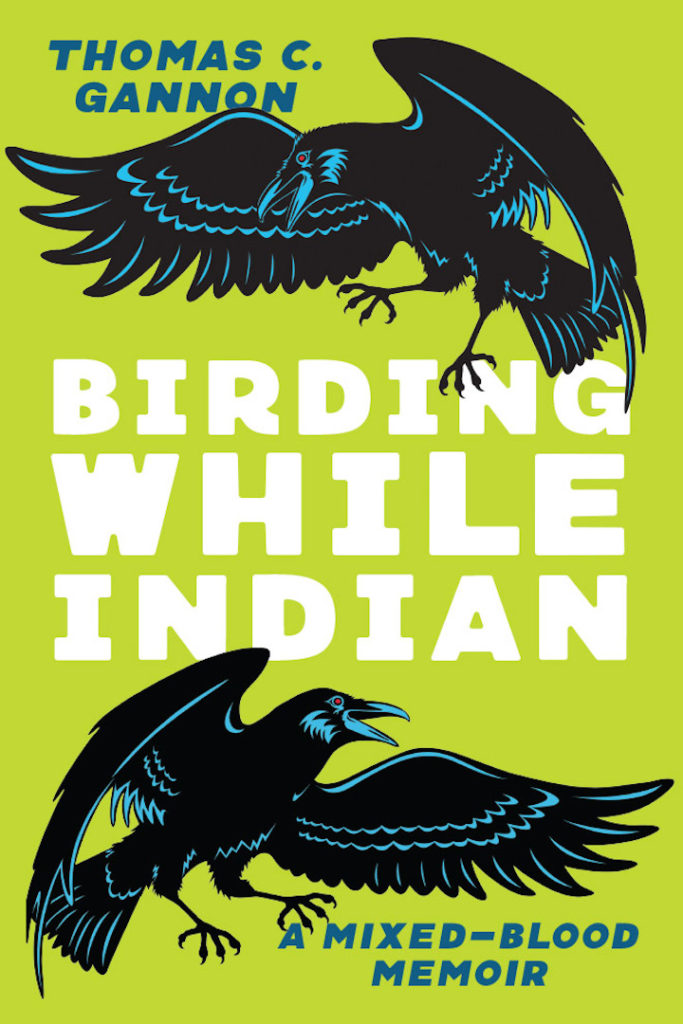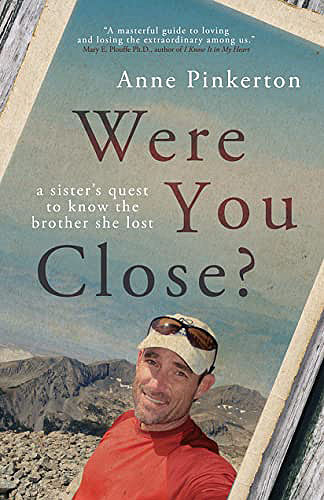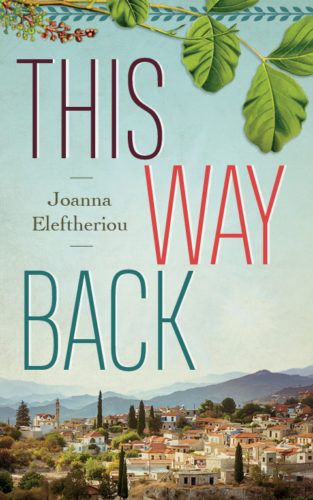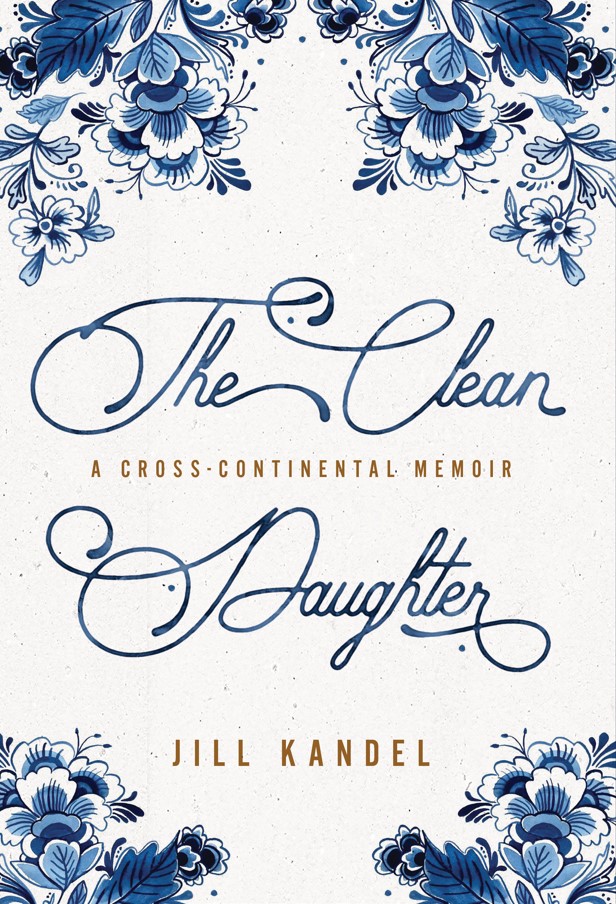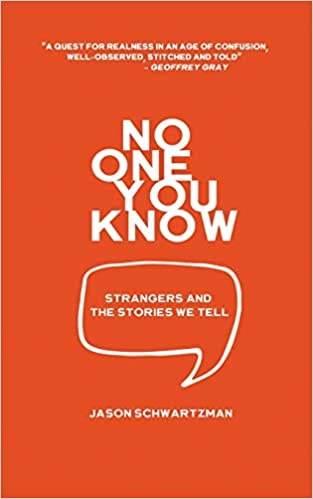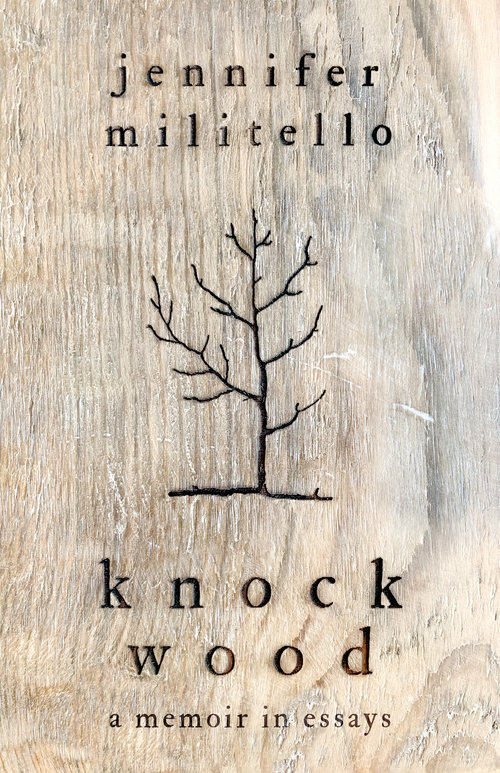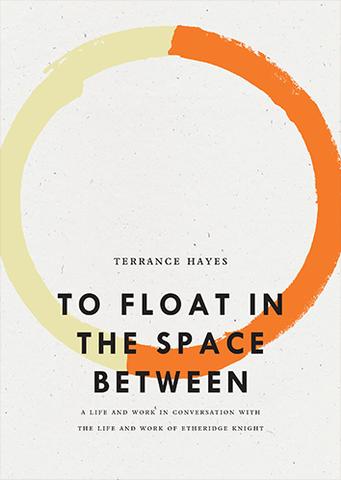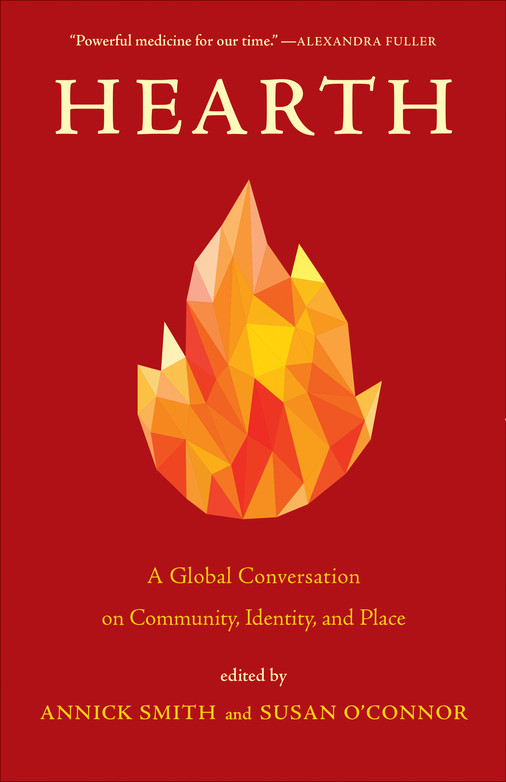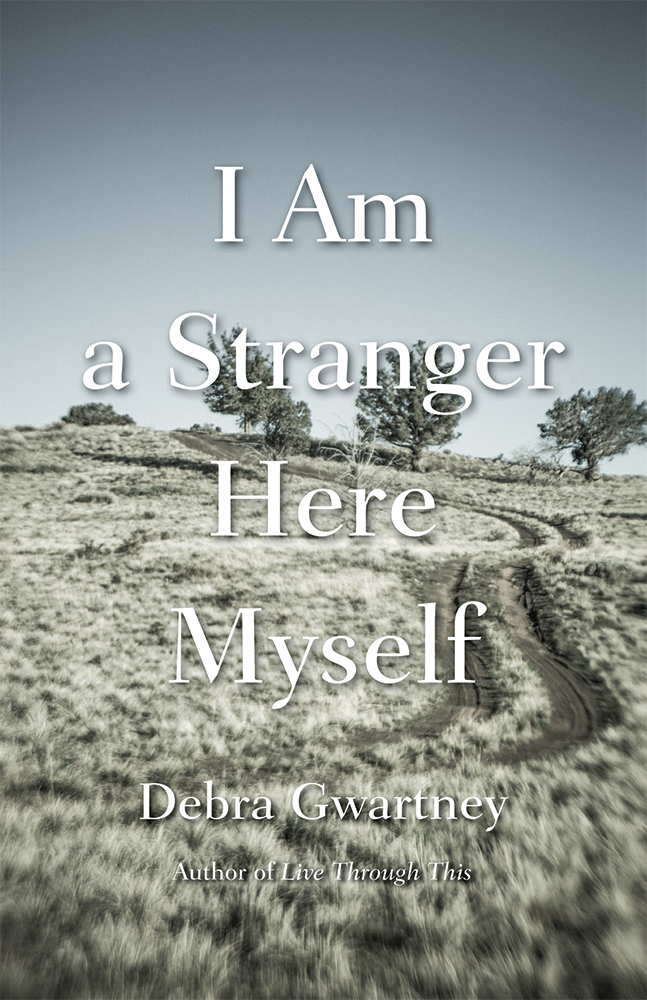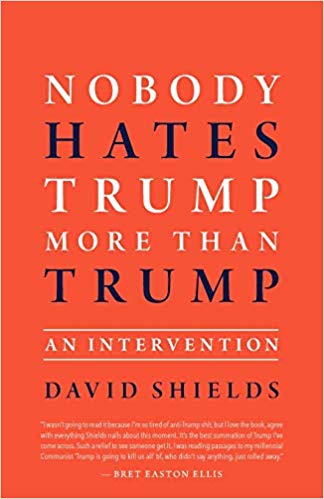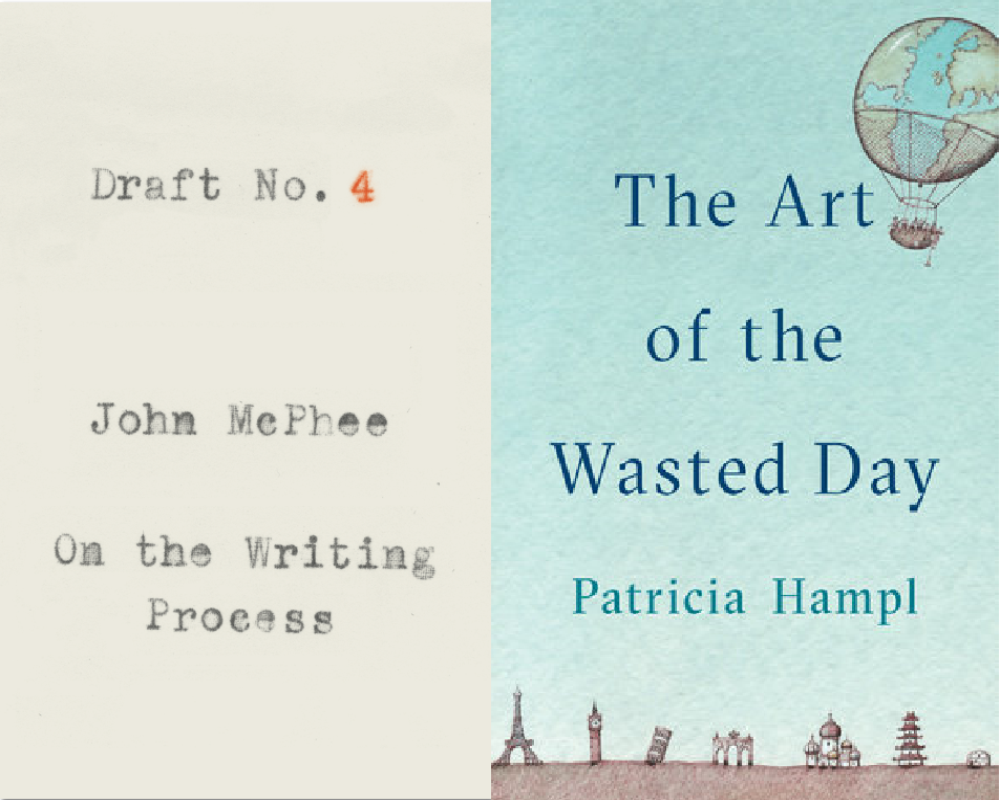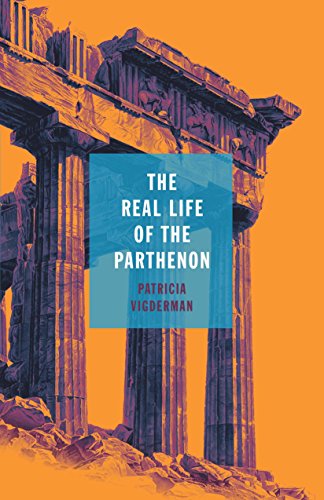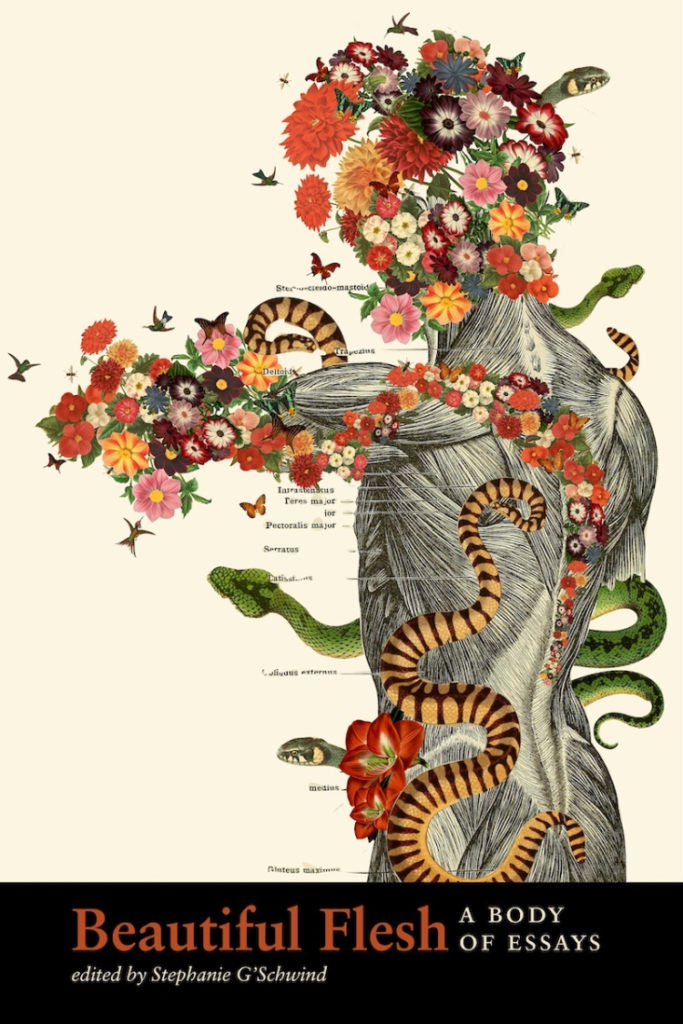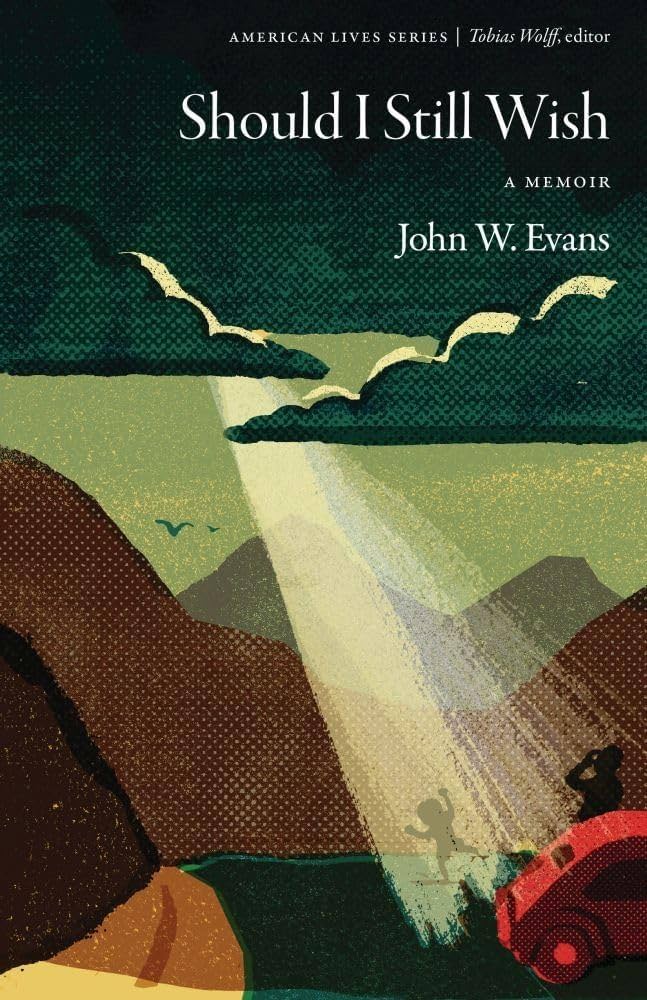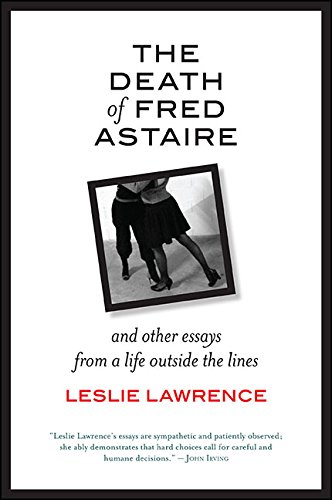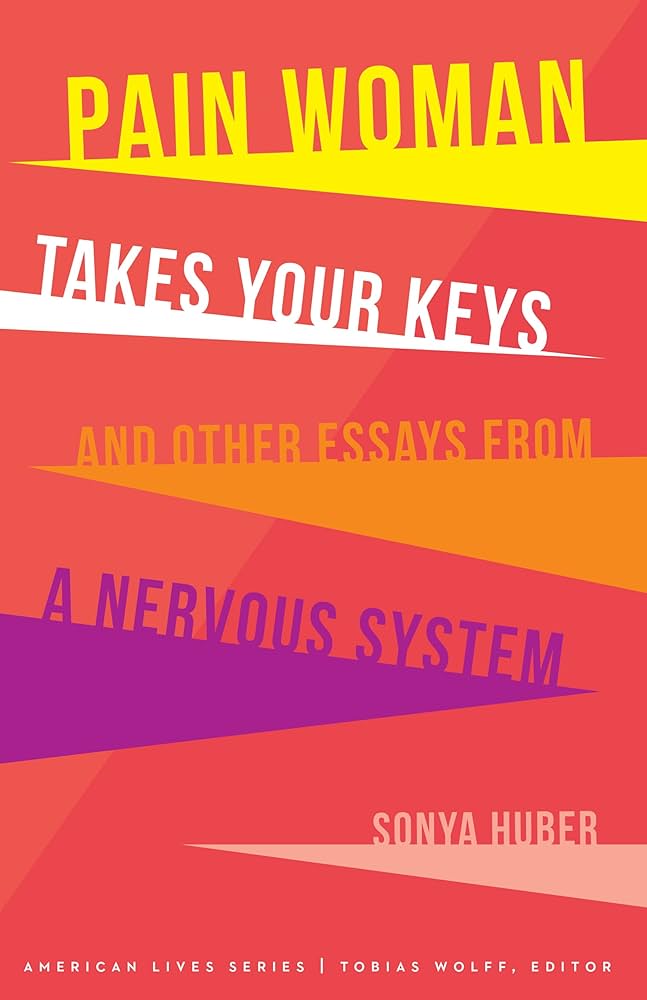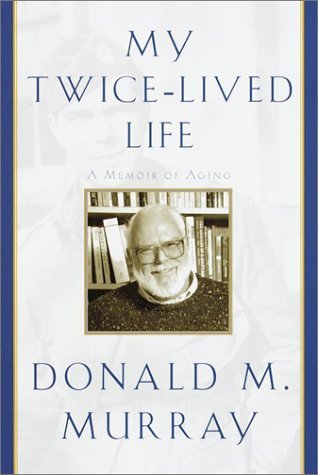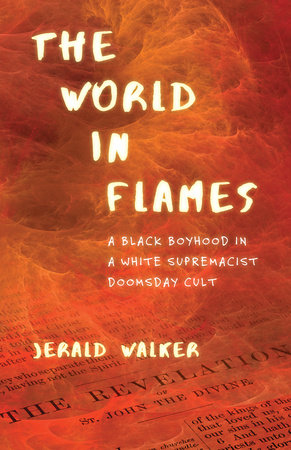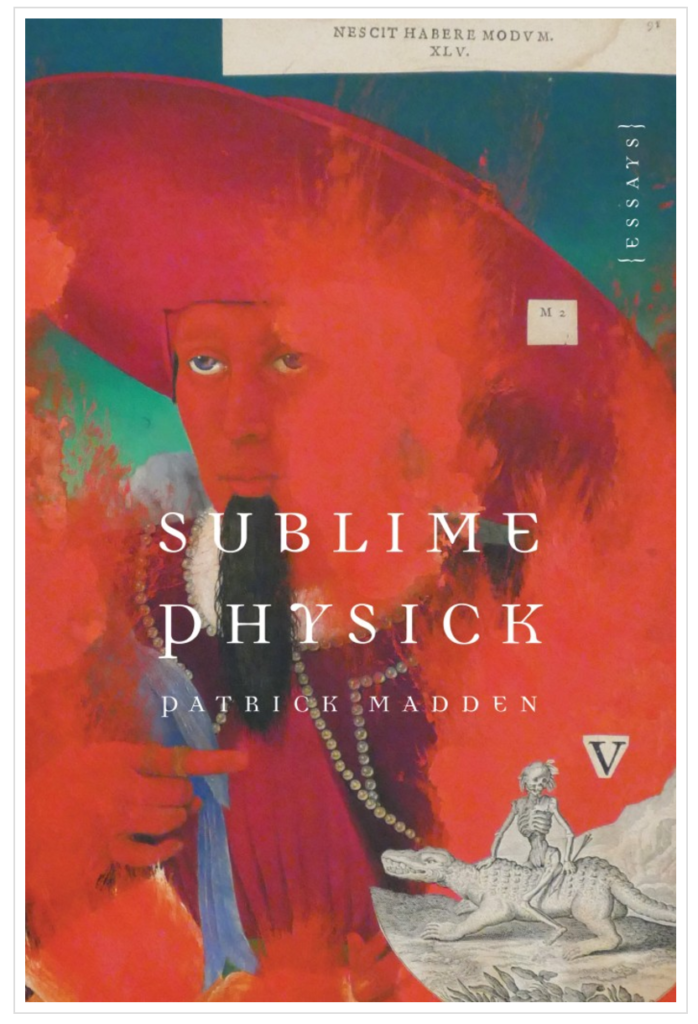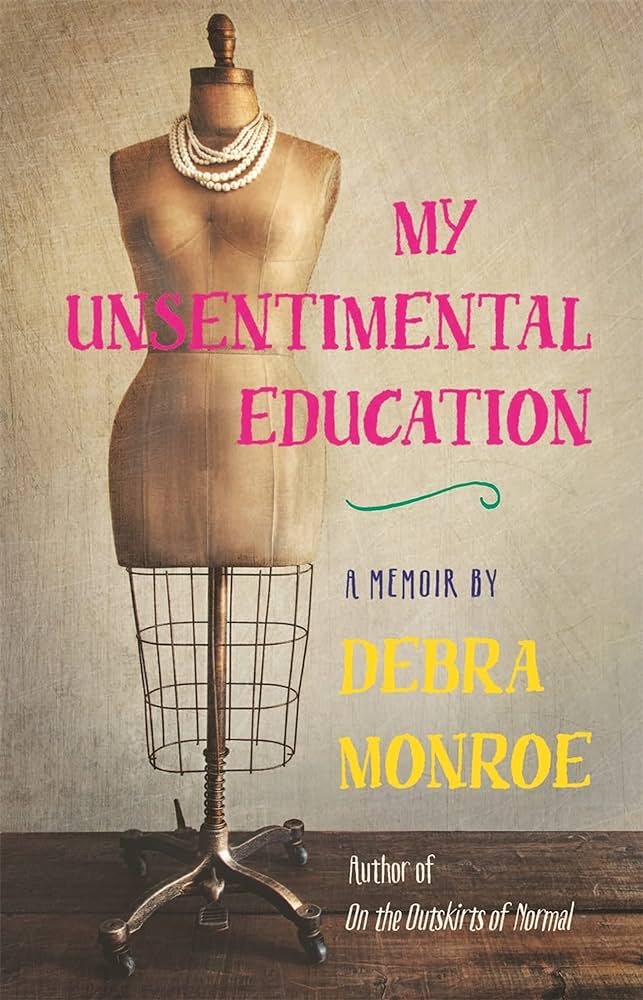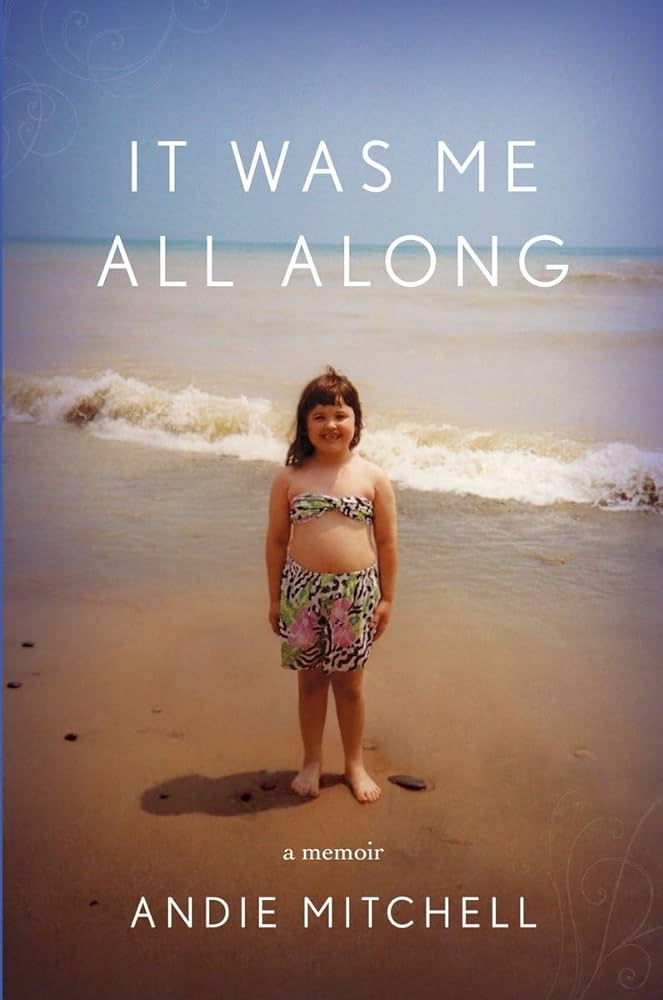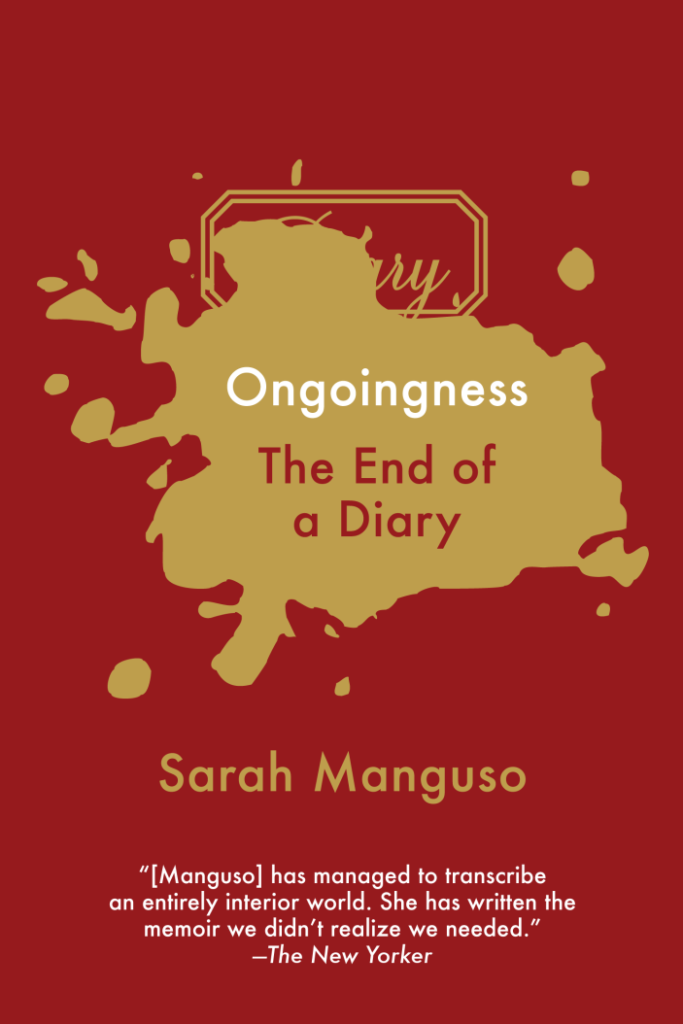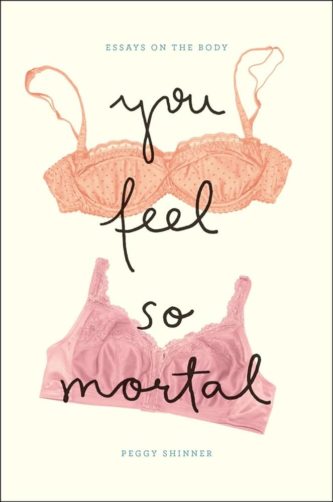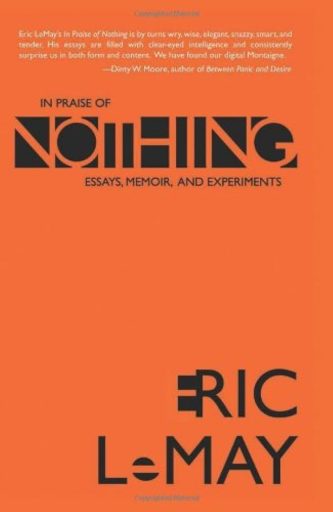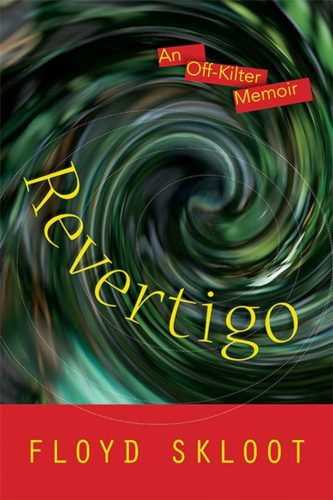By Jason Tucker
Attachments: Essays on Fatherhood and Other Performances by Lucas Mann
Lucas Mann’s essay collection Attachments: Essays on Fatherhood and Other Performances interrogates fatherhood tropes, both challenging them and recognizing their role in describing and creating the cultural landscape of Mann’s own early fatherhood.
He writes in “On the Fantasies of Various Apocalypses” that fatherhood stories are hard to separate from those of leaving adolescence, each of them a story of becoming, after which a man has become, permanently, himself. They’re wrong about that; there’s nothing singular or finished about becoming, but these stories mark the world we’re growing from. Adopt, adapt, or reject them, they’re still our reference points. These essays consider what to do with that.
The all-speculative first essay, which the book’s running header helpfully shortens to “Tiny, Spectacular Futures,” is a list of fantasies—hopes and fears for the little person the expectant parents have yet to meet and for the world she will inhabit.
In a mimetic skid from the imaginings of pre-parenthood to the grinding realities of daily and nightly childcare (the essays often return to the trauma of sleep training), the second essay uses a 24-section structural conceit: “An Approximate Hourly Record of Thought and Feelings During a Time of Intense Sleep Deprivation.” A collection of fragments, their common connection is the anxiety of influence as a writer and reader, as a product of and participant in a broader culture, and as a son and a father. Mann puzzles over separating communities from doctrine, and whether he’d be capable of that duality: “…if I was raised by racists, I’m pretty sure I’d be a racist” (22). And the anxiety of being influenced is inextricable from the anxiety of the influence a father casts on his child, even if you’re hyper aware of it as it’s happening.
Mann and I have a lot common. There’s our approximate ages. Our daughters. Entering fatherhood in our thirties. Our writer-teacher-academic careers. The beautifully collaborative parenting partnership with wives whose own professional accomplishments are demanding, and which we support and admire. (His wife is very present in the essays, but his apology in the acknowledgments hints he doesn’t want to exploit her for content or claim her separate experiences as his own in these essays, either.) There are the privileges these lives offer us, being able to be at home enough to do necessary and tedious and heartmelting and burnout-level caregiving in ways that other jobs wouldn’t allow.
Relatability is weak criticism, but I recognize a lot. You should have seen me (and I’m about to make you) the way my wife did coming back into the darkened hotel room after a rigorous on-site job interview, our bottle-refusing daughter finally surrendered to exhaustion, me shirtless and covered in what used to be bottled breast milk, and me feral-eyed at her with the so-help-me-if-you-wake-up-this-goddamn-baby look. And like with Mann’s essays, when my wife and I tell this story now, everybody knows it’s a love story.
These aren’t stories of incompetent fathers being sweet idiots at caregiving, as in many popular narratives. The messy realities of parenting your own child can make anybody look clumsy, but here it’s never that Mann feels like he’s doing a job—labors practical, emotional, and intellectual—that isn’t his to do. To paraphrase a famous t-shirt: dad’s not babysitting.
More commonalities: the debilitating self-awareness recognizable across much Gen-X and Millennial literature, and the perpetual uncertainty of whether anything one does is a sincere choice or a performance of not wanting to be seen and judged. But there’s also the way that the ongoing, concrete demands of care and the humility of nurturing an increasingly autonomous, defiant, and endearingly weird little being can mercifully crowd out all of that. There’s the existential creation of meaning in the doing of the things.
And so, there’s the paradox of seeing a community of dads (or dad bloggers), and responding by turning not toward an all-father community, but back inward to himself and his family (like me to myself and mine; totally get that). That question of performing actual fatherhood in context of actors and writers and bloggers and other parents rhetorically performing fatherhood is a central concern across the collection.
“An Essay about Watching Brad Pitt Eat That Is Really about My Own Shit” smartly examines Pitt’s unselfconscious masculinity, with that affect and Pitt’s body contrasting Mann’s very different self on both counts, and, more importantly, raising how he and his wife don’t want to pass their own childhood body insecurities to their daughter. But the sharp analysis outward is cut with recognition of what he’s also projecting onto the icons he’s reading:
All I want to do is talk about his body and how noticeable it is to me, how noticeable every body is—that’s the problem—and how insulting to think that nobody makes him account for himself. This is the greatest privilege afforded in my fantasy of thinness: that it eventually might allow you to disappear—to other people, sure, but most of all to yourself (55).
Interrogating media, narrative, literature, how we talk about stuff, is central to the book (and to all the writer and reader types I know), but these essays always come back to a reality, feet on the ground, that all our analysis of media and culture and self can unmoor us from. One essay takes on the distraction of the phone and the life that also happens on it, which is exponentially complicated by parenting and the performance of parenting on social media. He shows the very real value of documenting moments for ourselves. The life online and off still happens, no matter how we intellectualize it.
In “Dads Being Dudes Making Jokes,” he interviews some dad bloggers and contemplates dad joke tropes, the laziest jokes, the anti-intimate puns, the jokes that disclaim responsibility for emotional labor. But the buffoon father of those jokes is at least safe, he says, not a monster: “Part of the joke is you can screw up in all these ways and still be lovable, still be good, but then the line between good and bad gets pretty thin, and then the joke becomes unforgivable” (169).
Mann recognizes how ubiquitously and how unfairly “parenthood” has often just been “motherhood,” and how motherhood literature (and mom bloggers) by necessity have been at it much longer than the just-arrived father-writers looking to do more with their stories and their lives than just repeat their inherited tropes, even if they’re still our reference points.
In an essay appearing later in the collection, a respected elder fiction writer laments from a public stage “kids these days” shying away from the wartime shoot-em-ups he saw as the substance of highest literature. But when, over dinner, he told an honest story about being helpless trying to wrangle his sick and hungry twins, Mann was struck that the famous writer shied away from thinking that could also be the stuff of serious story.
The fathers of wars and apocalypses and high adventure dramas aren’t going anywhere (Mann sees the dad in Cormac McCarthy’s The Road as endearingly sincere amid the horror). But more honest domestic father stories are emerging, and these essays are part of that new tradition. Individually, such stories won’t make a smoldering cultural crater the way a good ol’ post-apocalyptic horror show might. So, to crack the too-simple, too-evasive tropes that have dominated father stories for so long, we’re going to need a lot more of these, a lot more often, and for a long time.
Jason Tucker teaches writing at Suffolk University. His essays have appeared in River Teeth, The Southeast Review, Waccamaw, Sweet, Cream City Review, and elsewhere. He and his wife, Amy Monticello, are co-authors of The Routledge Introduction to American Life Writing.

